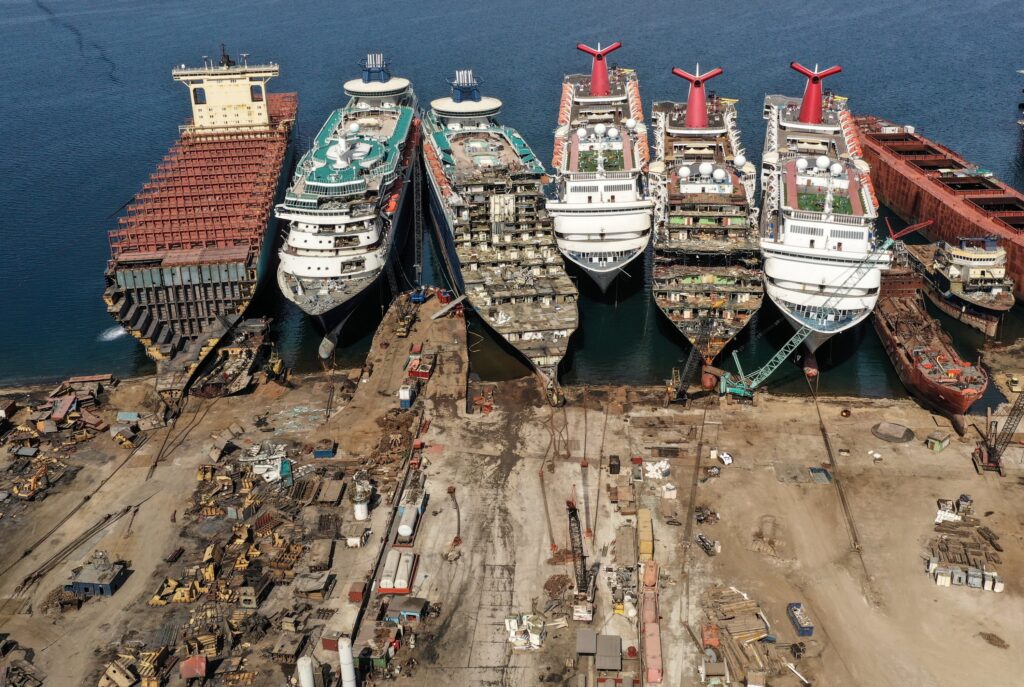India is planning to make a big change in its maritime laws. These laws, called cabotage laws, currently say that only Indian ships can carry cargo along India’s coast. But the government, led by Narendra Modi, wants to get rid of these laws. This means that foreign ships will be able to work along India’s coast without needing special permission from the country’s Directorate General of Shipping.
The cabotage laws were put in place to protect Indian shipowners, ensuring that only their ships could transport goods along the coast. This new move is seen as a major reform in the shipping industry, but it’s also likely to upset Indian shipowners.
Ship recycling is showing sign of revival
India’s finance minister, Nirmala Sitharaman, has said that the government wants to promote coastal shipping as an efficient and cost-effective way to transport both passengers and freight. They plan to do this by partnering with private companies and providing financial support where needed.
To make coastal shipping more popular, the government will focus on improving ports and jetties, making it easier to connect to these ports, and figuring out the right types and sizes of ships to use. They also want to reduce the financial challenges of using multiple modes of transportation.
This change is expected to encourage more companies to use coastal shipping instead of relying on roads and railways. It will be particularly helpful for transporting goods like coal, fertilizers, iron ore, steel, and food grains.
Right now, coastal shipping makes up only 7% of India’s transportation, while roads and railways are much more common, with 62% and 31% shares, respectively.
Ship recycling reports suggest that there would be sufficient capacity in India
The current cabotage rules have already been eased a bit because India didn’t have enough of certain types of ships. Foreign ships are allowed to transport certain types of cargo without a special license, like export-import containers, agriculture products, fertilizers, and more.
In addition, various types of vessels, such as ro-ro (roll-on, roll-off), ro-pax (roll-on, roll-off passenger), LNG (liquefied natural gas) vessels, and project cargo vessels, can also operate along India’s coast without needing special permission.








